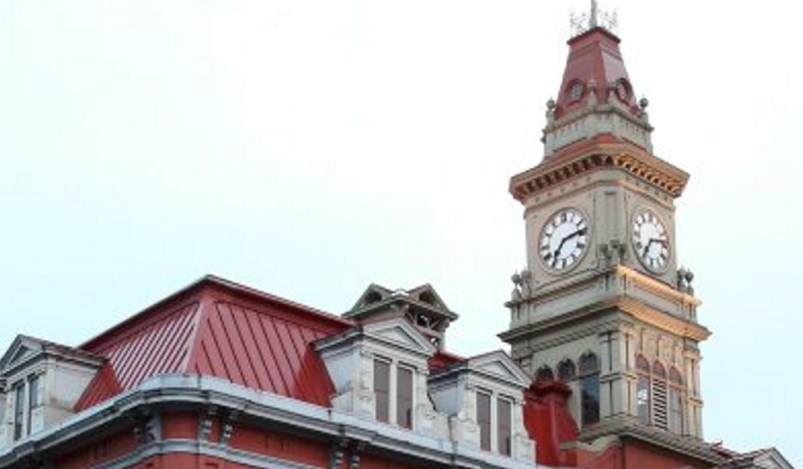From pioneering zero-waste initiatives to replacing non-native flowers with native plantings, Victoria’s strategic plan is full of a lot of expensive actions that residents never said they wanted, says Coun. Geoff Young.
Young was the lone councillor at a committee meeting Thursday to vote against the plan — a roadmap of action for the balance of council’s four-year term.
“There is a bias in the strategic plan to over-prescriptiveness and overspending and adopting too many actions,” Young said, noting that provisions in the plan make finding money for the police budget all the more difficult.
Hammered out by councillors over the past four months, the strategic plan contains 200 actions, including creating a lobbyist registry, asking the province to provide safer drugs to replace illicit drugs, creating a municipal housing service, developing a zero-waste strategy, implementing a climate leadership plan and certifying the city as a living-wage employer.
While some objectives, such as making Victoria welcoming or making the city attractive to doctors, no one could object to, there are some that have “significant spending implications,” he said.
“I’m particularly concerned with the great increase in staffing within city hall in terms of meeting environmental objectives, such as the plastic-bag ban and other bans that are contemplated,” Young said, adding that the single-use plastic bag ban took a lot more time and effort than anyone contemplated “because we were pioneers.”
“We are really saying we want to move forward on that zero-waste objective and be pioneers and, unfortunately, it’s nice for us to be able to say that we’re the first but our taxpayers are paying the bill in many cases for the efforts that our staff have to make when we are being first in the field.”
Young said some of the plans in areas like tenant protection duplicate other government initiatives.
“I know most of the objectives are said to come from people’s experience on the campaign trail, but I was on the campaign trail and I did not hear a lot of discussion there about the elimination of garden beds and re-naturalizing of garden beds, for example, or of joint management of Beacon Hill Park with local First Nations,” he said.
“I didn’t hear people on the campaign trail say: ‘Gosh your city workers are underpaid. We don’t have enough of them.’ That’s something that doesn’t even appear explicitly in the strategic plan, but it’s a clear underlying tenet of a lot of the actions that are being taken.”
Coun. Ben Isitt defended the city’s plan to be certified as a living-wage employer. “I personally think poverty is unacceptable. So even if there is a financial impact to the city, I think it’s completely appropriate to start paying a living wage to our own employees and to contractors,” Isitt said.
Mayor Lisa Helps said action items in the strategic plan didn’t arise just on doorsteps during last year’s election campaign but during meetings with a whole range of interests. “We spent time in community meetings. We spent time in lots of other places than on doorsteps,” Helps said.
She said everything in the plan falls within the mandate of cities.
“If you look at cities across the country and around the world, cities are having to take on big issues like climate change and like affordable housing.
“It’s not beyond our means and not beyond our purview. It’s what our residents expect us to do.”
Some of the 2019 objectives include: offering childcare at city hall during public hearings, working with Saanich council to develop a citizens assembly process to study amalgamation, deciding what to do with the statue of Sir John A. Macdonald, supporting neighbourhood greenway improvements, lowering neighbourhood speed limits, developing a municipal alcohol policy, making Government Street more pedestrian friendly and developing a plan and a funding strategy for a new central library.



